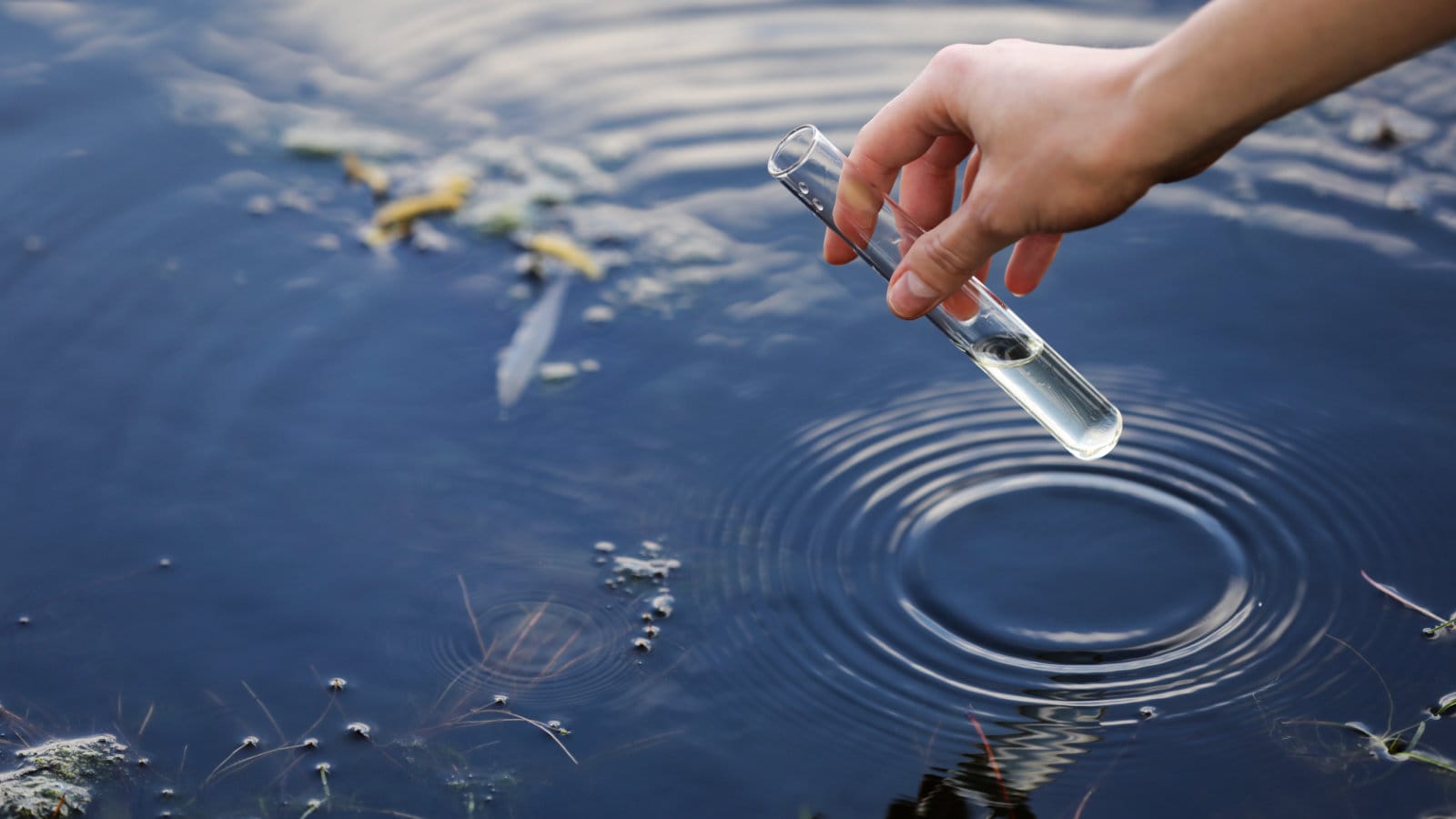Every year, 30% of the EU faces water shortages, while fewer than 40% of watercourses are in good or very good ecological condition. Agriculture is both a victim of and a contributor to the EU’s broken water cycle — which the Union has pledged to repair.
Europeans collectively withdraw around 200 billion cubic metres of freshwater annually — the equivalent of eight times the volume of Lake Como. According to the European Environment Agency (EEA), about one third (29%) of this water is used by the agricultural sector.
Increased water-efficiency
The Road to Green travels to Alentejo, an arid region in southern Portugal where agriculture has flourished since the construction of the Alqueva Dam. The dam created the largest artificial lake in Europe, irrigating around 130,000 hectares of farmland — mainly olive groves and vineyards.
However, increasingly frequent droughts and rising water demand are pushing farmers to modernise their irrigation systems and improve efficiency.
Herdade do Esporão, an organic vineyard, has significantly reduced its water consumption through nature-based solutions, such as maintaining covered soils and planting more drought-resistant grape varieties, as well as through “precision farming” - technological innovations like underground sensors and water reuse systems.
According to the EEA, reducing leaks, promoting drip or subsurface irrigation and adopting smart farming tools could help European farmers cut their water use by up to 20%.
Tackling pollution
The Road to Green also visited Ireland, where agriculture takes up 70% of the landscape. It is the main source of pollution in rivers and groundwater, largely due to the use of fertilisers and pesticides.
Farming for Water is a €60 million agri-environmental initiative that works collaboratively with farmers to promote sustainable practices and improve water quality.
The project aims to involve up to 15,000 farmers in developing and funding measures to reduce sediment and nutrient runoff into watercourses — for example, by creating wetland ponds or buffer zones between fields and rivers.
Currently, 54% of Ireland’s surface water bodies are classified as having a good or high ecological status — above the European average of 39.6%. However, under the EU Water Framework Directive, member states are required to reach 100% compliance by 2027.
Led by the Local Authority Waters Programme (LAWPRO), in partnership with Teagasc and Dairy Industry Ireland, Farming for Water is the country’s first national European Innovation Partnership (EIP), primarily funded by the Department of Agriculture through national and EU funds.
Rethinking the resource
Reducing both the quantitative and qualitative impact of agriculture on water resources is central to the Water Resilience Strategy, a major initiative presented by the European Commission in June.
Building on existing legislation, the strategy aims to restore the water cycle, ensure access to clean and affordable water for all and promote innovation and competitiveness in the water sector — an area where Europe is already a global leader.
The European Investment Bank has pledged to invest €15 billion by 2027 to support projects that improve water infrastructure. Some national or regional measures could be fully financed by the EU.
The strategy also foresees the creation of a Water Smart Industrial Alliance, a European Water Academy and a new Knowledge and Innovation Community (KIC) for Water, Marine, and Maritime Ecosystems — all designed to boost research and investment, foster public-private partnerships and increase water efficiency by at least 10% across the EU by 2030.
Source - https://www.euronews.com













